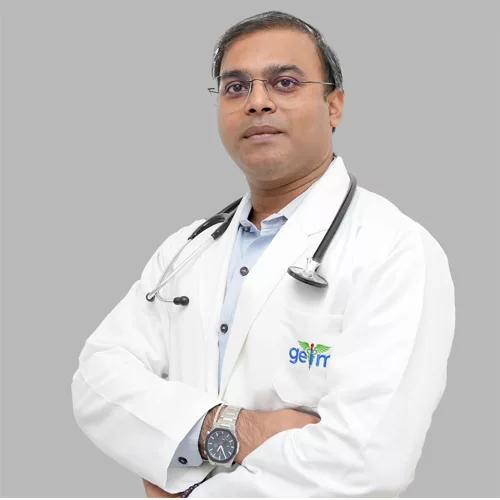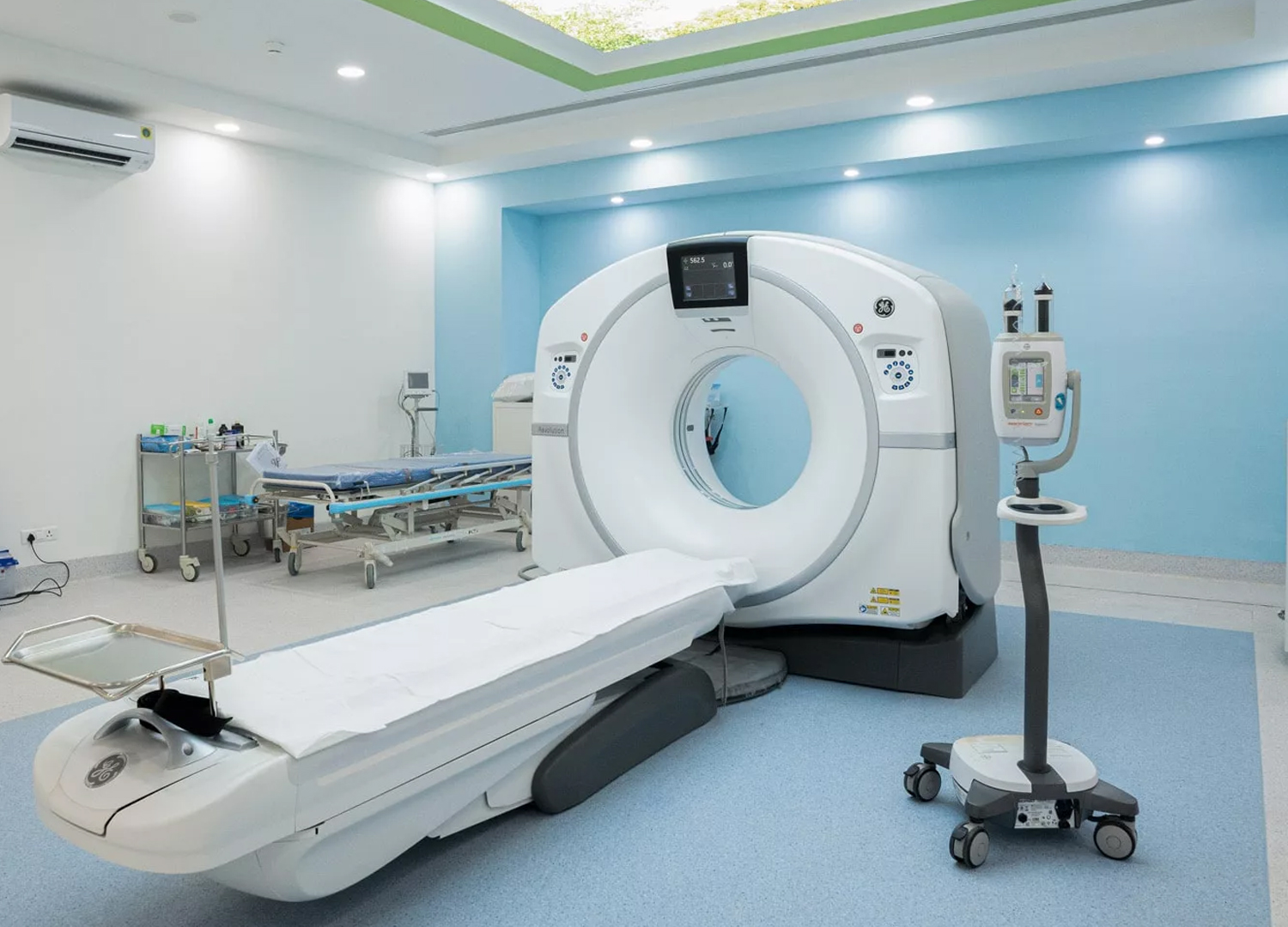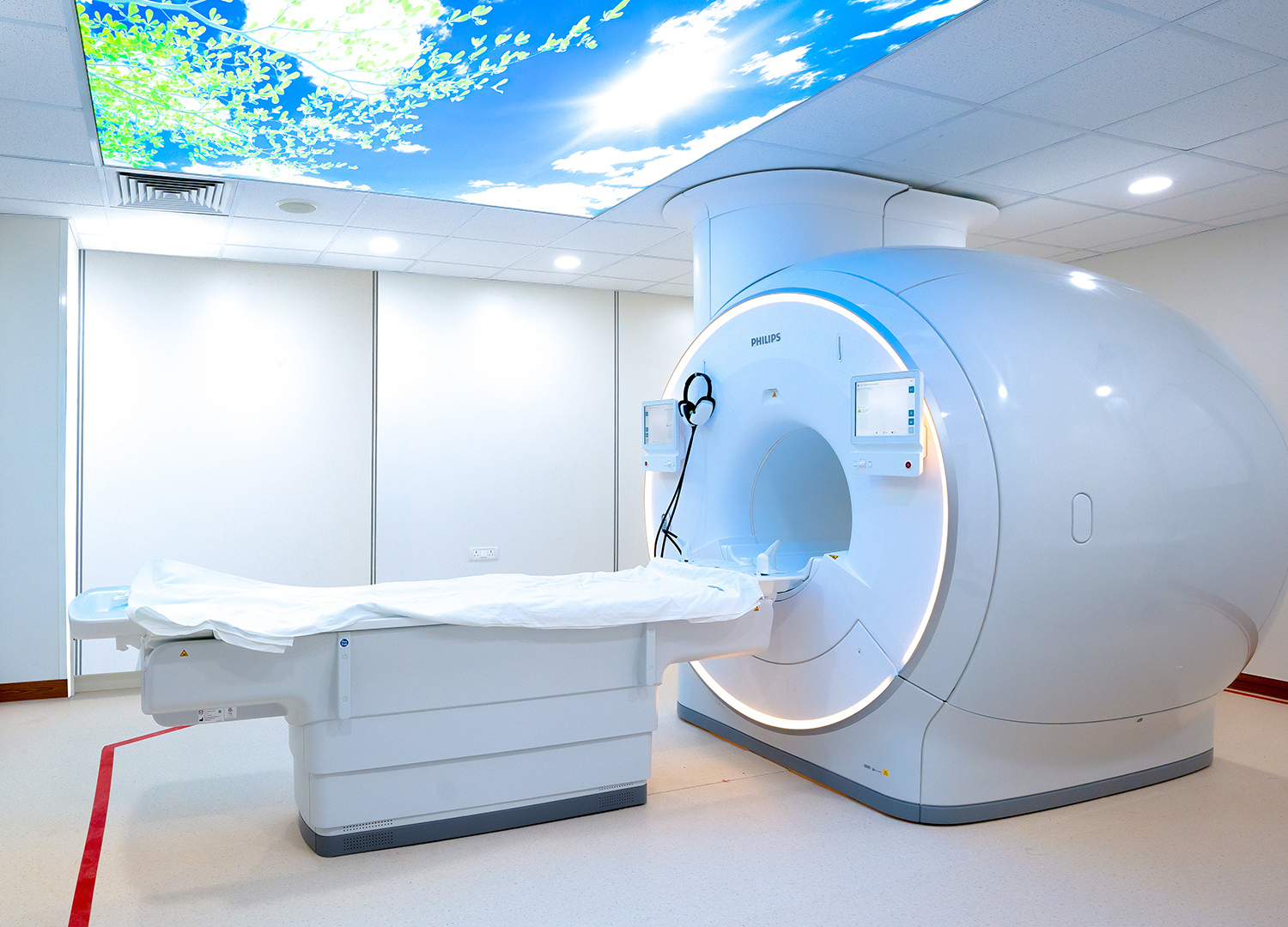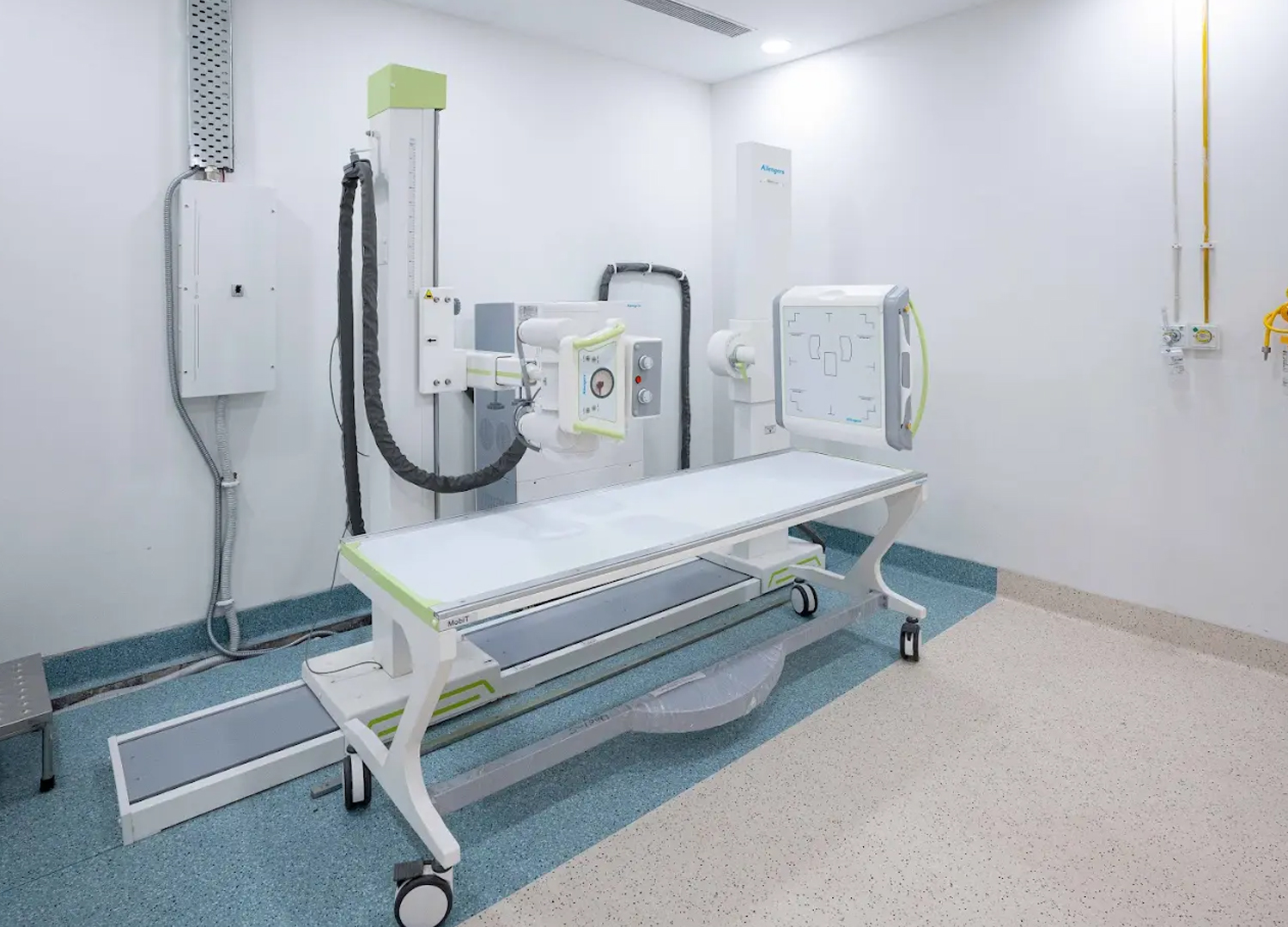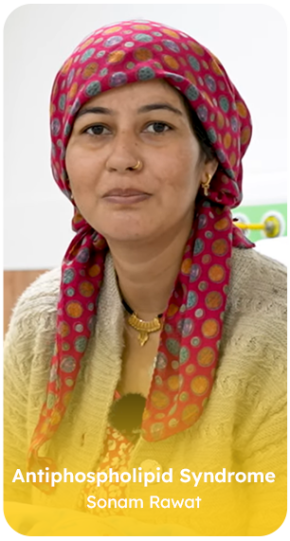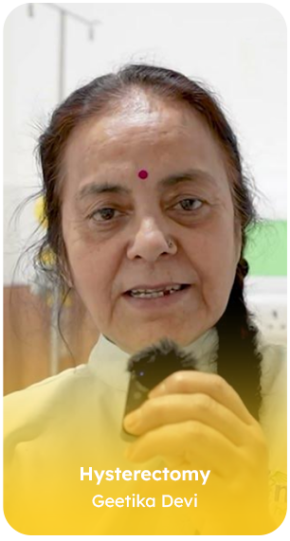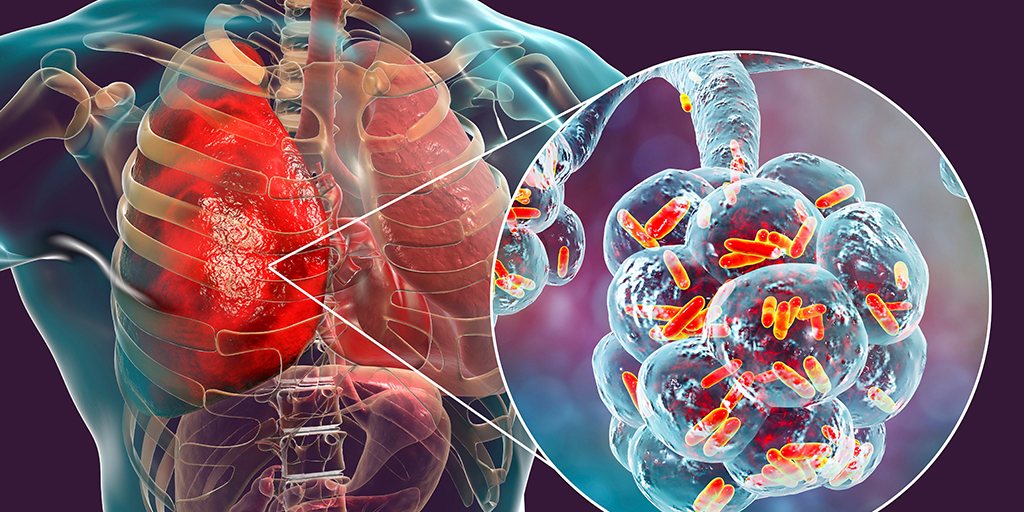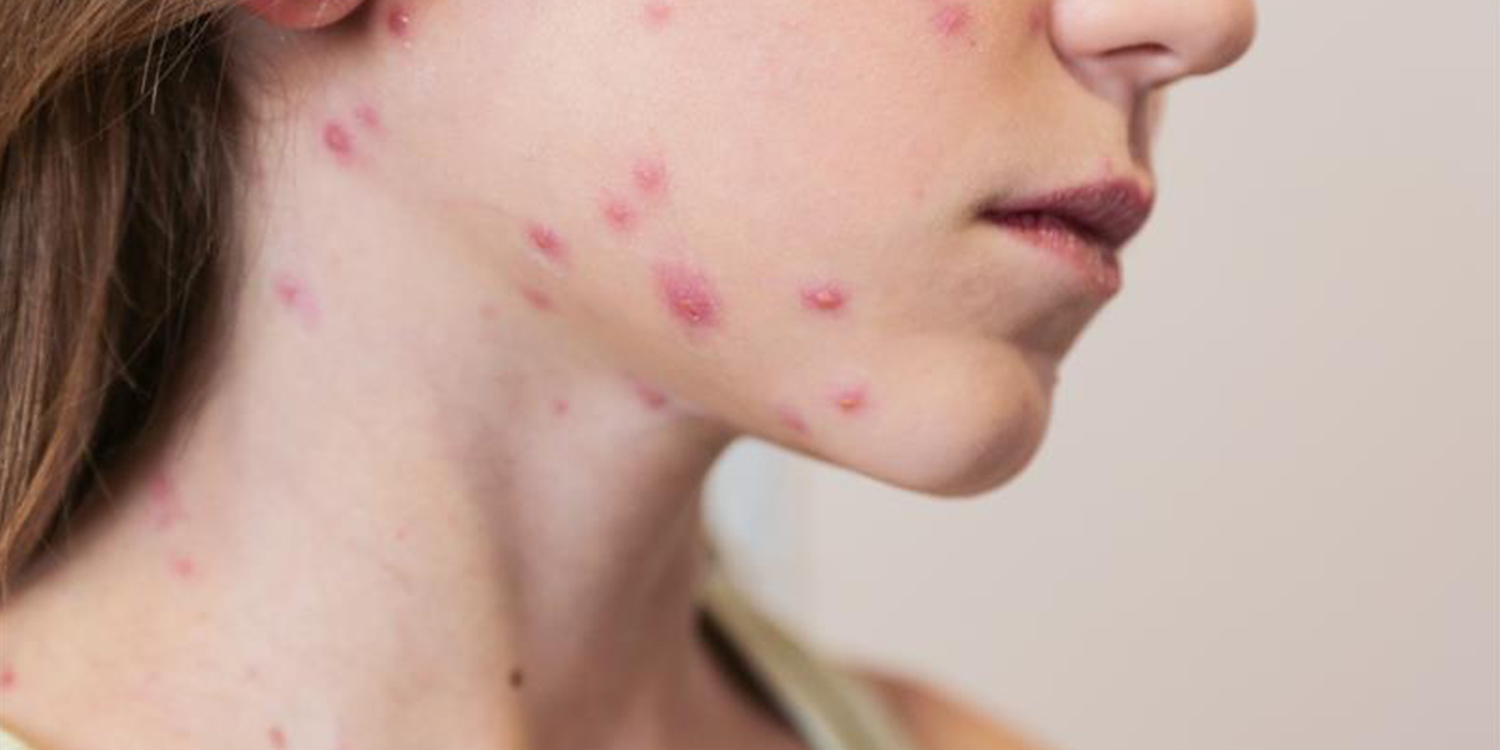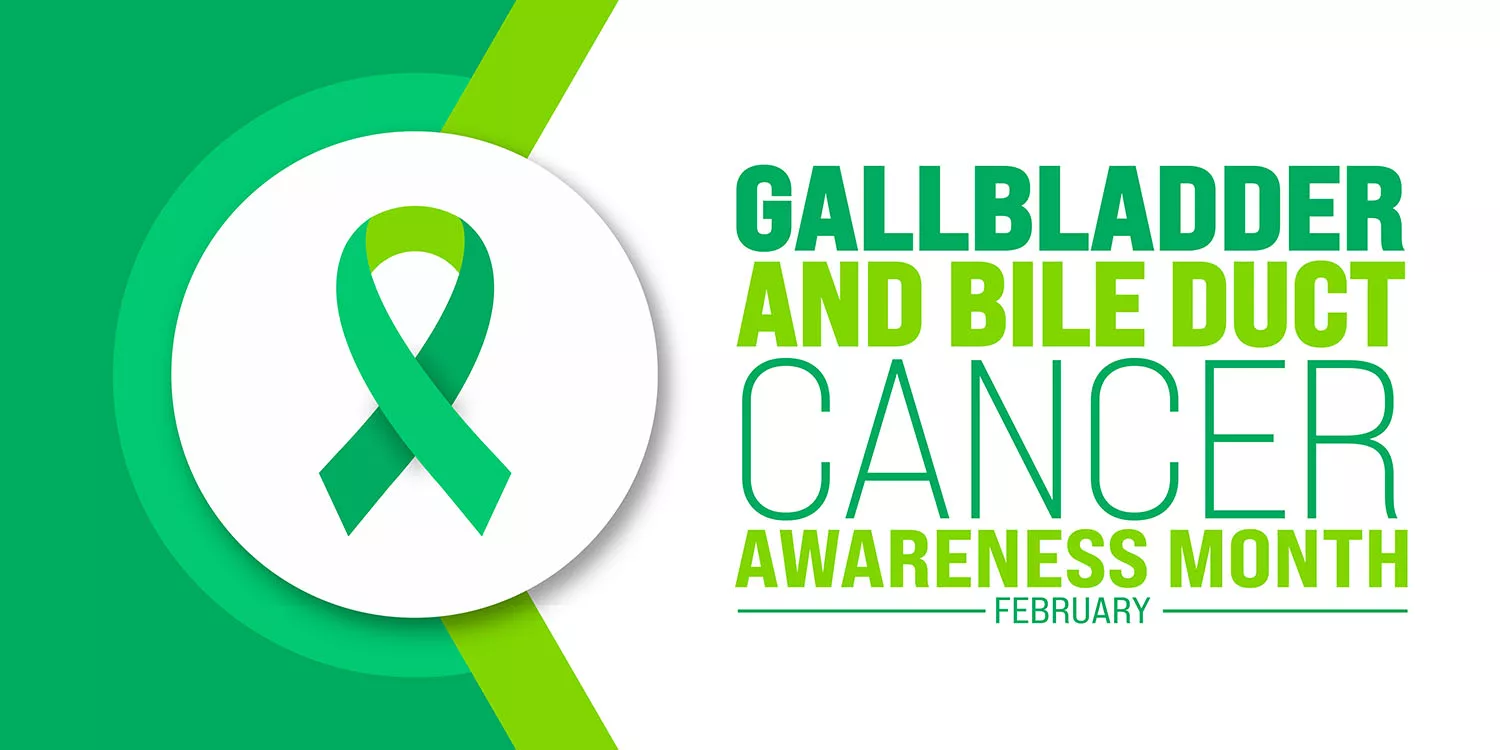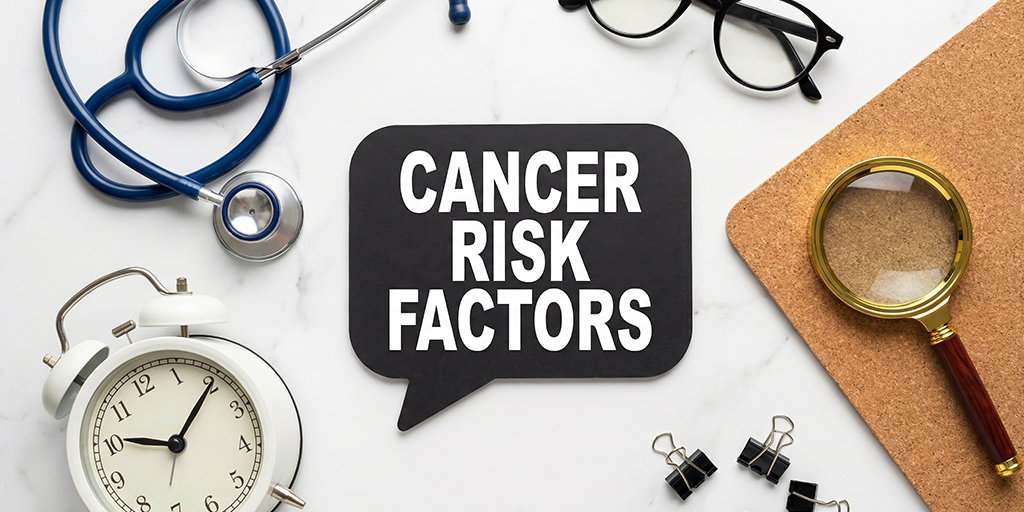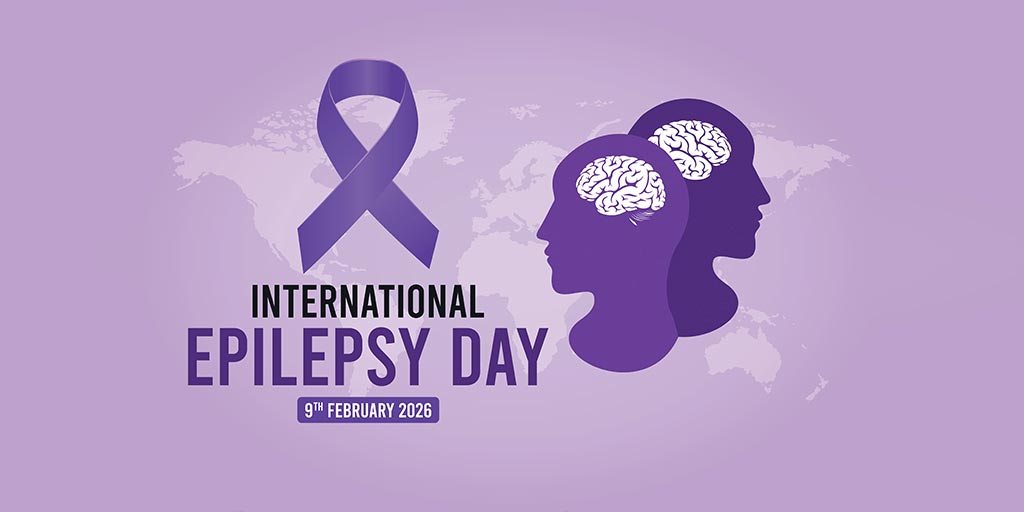At Graphic Era Hospital, the Department of Hepatology is dedicated to the comprehensive diagnosis and optimised management/treatment of liver and biliary diseases. With a team of expert hepatologists, advanced medical technology, and evidence-based treatment approaches, we provide high-quality care for patients with acute and chronic liver disease conditions.
Our hospital offers cutting-edge procedures such as various methods of liver biopsy like percutaneous, Tansjugular & EUS guided, hepatic hemodynamic studies, liver dialysis, and advanced endoscopic interventions to ensure accurate diagnosis and efficient treatment. Whether managing acute hepatitis, chronic hepatitis, liver cirrhosis, biliary disorders, or liver failure, we focus on Individualized management plans that enhance recovery and improvement in quality of life.
Warning Signs of Liver Disease: When to See a Specialist
Liver diseases often develop silently, and symptoms appears mostly in advanced stages of the disease. Early detection of the disease through regular screenings is crucial in detecting the disease and preventing complications and ensuring effective treatment. If you experience persistent or unusual symptoms, consulting a hepatologist can help you in the diagnosis and effective management of your liver diseases in the early stages. Key warning signs which may require hepatological screening:
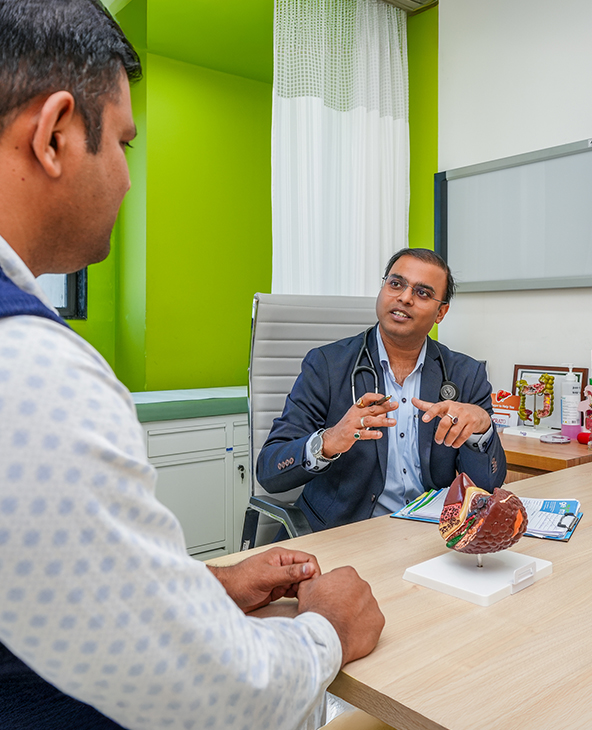
- Persistent fatigue or weakness: Unexplained tiredness that doesn’t improve with rest.
- Jaundice (yellowish discoloration of skin/urine and eyes): A sign of liver dysfunction, bile duct diseases or obstruction.
- Abdominal pain/distension: Discomfort, heaviness, and distension in the abdomen (ascites).
- Swelling in legs or ankles: Fluid retention due to reduced liver synthetic function.
- Unexplained weight loss: Losing weight without changes in diet or physical activity.
- Nausea or vomiting: Persistent digestive issues, especially after eating fatty foods.
- Dark urine and pale stools: Changes in urine or stool colour may indicate liver or bile duct disease.
- Easy bruising or bleeding: Impaired liver function can affect blood clotting, which may leads to purple patches/bruis over the skin and blood in vomiting (hematemasis) or passage of black colour stool(Malena).
- Chronic itching: Bile build-up in the bloodstream can cause persistent skin irritation.
- Confusion or memory issues: Liver dysfunction can lead toxins to buildup affecting normal brain functioning (hepatic encephalopathy).
Understanding the Causes of Liver Diseases
Liver diseases can develop due to various factors, including lifestyle habits, infections, metabolic disorders, and genetic predispositions. Identifying the underlying causes is essential for early intervention and effective management. Major causes of liver diseases include:- Viral Infections: Hepatitis A, B, C, and E can cause acute or chronic liver inflammation.
- Alcohol Consumption: unusual and inappropriate alcohol intake leads to Alcohol-Associated Liver Disease (ALD), including fatty liver, hepatitis, and cirrhosis.
- Obesity and Poor Diet: High-fat diets and sedentary lifestyles contribute to Non-Alcoholic Fatty Liver Disease (NAFLD).
- Autoimmune liver Disease: Conditions such as Autoimmune Hepatitis (AIH), Primary Biliary Cholangitis (PBC), and Primary Sclerosing Cholangitis (PSC) may appear as recurrent jaundice, pruritus etc.
- Metabolic and Genetic Disorders: Diseases like Wilson’s disease, Hemochromatosis, and Alpha-1 Antitrypsin Deficiency affect liver.
- Chronic Medication Use: Long-term use of certain drugs (painkillers, steroids, and chemotherapy) can lead to drug-induced liver injury.
- Liver Cancer: Primary liver and biliary cancer or secondary liver metastases can severely cause liver dysfunction.
- Biliary Tract Diseases: obstruction or abnormalities (constriction) in bile ducts can cause jaundice, bile stasis, and liver damage.
- Toxin Exposure: Industrial chemicals, herbal supplements, or environmental toxins may contribute to liver toxicity.
- Acute and Chronic Liver Failure: Can occur due to infections, metabolic diseases, or intra/extrahepatic insult.
Hepatobiliary care Available at Graphic Era Hospital
At Graphic Era Hospital, we offer advanced hepatology treatments designed to manage and treat a wide range of liver diseases. Our team of hepatologists and specialists use state-of-the-art procedures to provide precise diagnosis and effective treatment, ensuring optimal patient outcomes.- Fibroscan of liver: ultrasonography is not accurate in diagnosing fatty liver and early diagnosis of various stages/severity of fibrosis or early cirrhosis. Fibroscan is the advance non-invasive and painless method of diagnosing fatty liver and fibrosis.
- Liver Biopsy: A minimally invasive procedure (transjugular, percutaneous, or EUS-guided) used to diagnose liver diseases, fibrosis, and cirrhosis.
- Hepatic Hemodynamic Study (HVPG): Measures portal pressure to assess liver fibrosis, cirrhosis progression, and portal hypertension.
- Liver Dialysis and Plasmapheresis: Used in cases of acute liver failure to remove toxins and support liver function.
- Endoscopic Procedures for GI Bleeding: Advanced endoscopic and interventional techniques to control gastrointestinal bleeding caused by liver disease.
- Advanced Endoscopy (ERCP/EUS): Minimally invasive procedures to diagnose and treat biliary and pancreatic diseases.
- Fatty Liver and Cirrhosis Management: Lifestyle modifications, medications, and supportive therapies to slow disease progression.
- Liver and Biliary Cancer Treatment: Multidisciplinary approach using surgery, targeted therapy, and minimally invasive interventions.
- Liver Regenerative Therapy: Innovative treatments aimed at enhancing liver repair and function in chronic liver disease patients.
Doctors Available
Dr. Sachin Dev Munjal
Senior Consultant and Head
Gastroenterology, Hepatology and Advanced Endoscopy
Experience: 15 Years
Book An AppointmentWhy Choose Graphic Era Hospital for Hepatology Care?
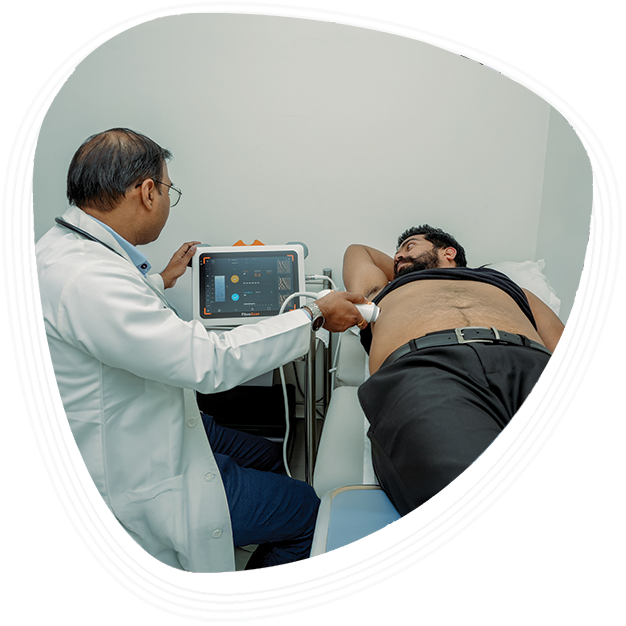
Hepatology Services Available at Graphic Era Hospital
At Graphic Era Hospital, Hepatology Department provides comprehensive hepatology services to diagnose, treat, and manage liver-related disorders with precision and expertise. Our services cater to patients with acute and chronic liver diseases, ensuring holistic care and recovery. Our services include:
- Hepatitis Care: Diagnosis and management of Hepatitis A, B, C, and E to prevent complications and ensure long-term liver health.
- Alcohol-Associated Liver Disease (ALD) Management: Specialized treatment plans for ALD, including medical therapy, lifestyle guidance, and long-term liver support.
- Fatty Liver Management: Advanced evaluation and treatment for Non-Alcoholic Fatty Liver Disease (NAFLD) and Alcoholic Fatty Liver Disease (AFLD).
- Liver Cirrhosis Management: Comprehensive care for cirrhosis patients, including staging, treatment, and complications management.
- Acute Liver Failure (ALF) & Acute-on-Chronic Liver Failure (ACLF): Urgent and specialized treatment for acute and critical liver conditions.
- Biliary disease (PSC & PBC) Care: Diagnosis and management of jaundice, Primary Sclerosing Cholangitis (PSC), and Primary Biliary Cholangitis (PBC).
- Liver & Biliary Cancer Treatment: Multidisciplinary approach for treating liver cancer, bile duct cancer, and related malignancies.
- Liver Coma & Acute Kidney Injury (AKI) in Liver Disease: Critical care management for hepatic encephalopathy (liver coma) and AKI in liver-related conditions.
- Liver Intensive Care & Transplant Support: Specialized ICU care for severe liver conditions and comprehensive post-liver transplant care.
- Liver Regenerative Therapy: Cutting-edge therapies aimed at stimulating liver regeneration and promoting healing.
- Protocol-Based Treatment & Patient Support Services: Structured care plans with evidence-based protocols and patient support programs for better recovery.
Top Procedures
- Liver Stiffness & Fatty Liver Measurement
- Liver Hemodynamic Study (HVPG)
- Liver Biopsy
- Hepatic Hemodynamic Tests (HVPG)
- Liver Dialysis and Plasmapheresis
- Endoscopic Procedures for GI Bleeding
- Advanced Endoscopy (ERCP/EUS)
- Fatty Liver and Cirrhosis Management
- Liver and Biliary Cancer Treatment
- Liver Regenerative Therapy
Hepatology Conditions Treated at Graphic Era Hospital
Advanced Diagnostics & Technology
- Offers high-resolution imaging for detailed blood vessel analysis, aiding in accurate diagnosis and treatment planning.
- Delivers advanced imaging with high resolution for clear, detailed views of soft tissues, ensuring precise diagnostics.
- Provides high-quality, detailed radiographic images for accurate diagnosis with minimal exposure to radiation.
Other Specialities
Patient Stories
Blog
Frequently Asked Questions (FAQs)
What tests are used to diagnose liver diseases?
Liver diseases are diagnosed using blood tests (Liver Function Test – LFT), imaging studies (Ultrasound, FibroScan, MRI, CT scan), and procedures such as liver biopsy and HVPG monitoring to assess liver health and function.
Can liver diseases be reversed with treatment?
Some liver diseases, such as fatty liver disease and upto significant stage of liver fibrosis, can be managed and even reversed with lifestyle changes, medications, and medical therapies. However, advanced liver conditions like cirrhosis require long-term management.
What are the treatment options for liver failure?
Treatment depends on the cause and severity of liver failure. Options include medications, liver dialysis (plasmapheresis), nutritional support, and in severe cases, liver transplant evaluation.
Is a liver biopsy painful, and how long is the recovery?
Liver biopsy is a minimally invasive procedure performed under local anaesthesia. Patients may feel mild discomfort, but recovery is quick, usually within 24 hours, with minimal downtime.
How can I prevent liver disease?
Liver disease prevention includes maintaining a healthy diet, limiting alcohol consumption, avoiding hepatitis infections through vaccination, exercising regularly, and undergoing routine liver health check-ups if at risk.

